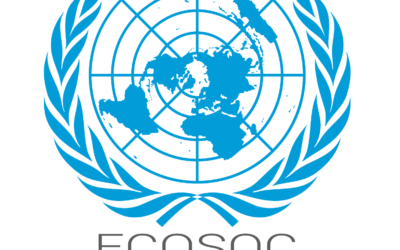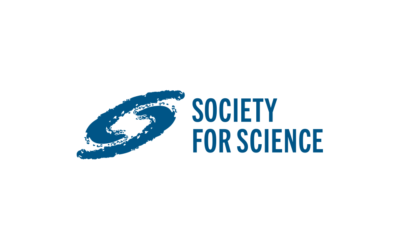JMA, in collaboration with the Research Experience for Peruvian Undergraduates (REPU), held our first ever joint Machine Learning in Medicine Workshop on December 3rd, 2021.
We were thrilled to have over 230 students, from 20+ cities, across 10 countries access our workshop online/offline!
Thank you to all our students from: Peru, USA, Brazil, Costa Rica, Germany, France, Mexico, El Salvador, Argentina, and Japan who registered for our workshop!
As our world gets increasingly more technical, there is an abundance of medical data — in fact, medical data constitutes nearly a third of all data collected globally.
The global medical-data predicated healthcare AI market is projected to exceed 10-fold growth, being valued over 60 Billion USD in the next 5 years and 196B by 2030 Nearly a third of the world’s data volume is driven by healthcare, with the 5-year CAGR exceeding all other industries at 38%.
It is of utmost importance to train undergraduate and graduate students to be fluent with machine learning to utilize this data prospectively, drawing novel inferences to guide how healthcare providers manage patients. We reached these students with the aim of preparing them to do higher level research, get published, and tangibly impact the healthcare space with their models! Wet lab esearch is an exclusive process, inaccessible to students from rural regions — being able to develop computational models, from the comfort of your own home on your laptop from anywhere in the world, is an incredibly powerful thing. The next million-dollart AI startups and Nature publications could very well come from motivated students from developing regions from all over the world with nothing but their own laptops!
This workshop was made for absolute beginners with no experience, whatsoever, with coding or machine learning. JMA’s CEO Reetam Ganguli broke down the conceptual purpose of ML in medicine, basics of how handling dataframes in python work, and then proceeded to walk students through developing an ML model to predict postoperative mortality for cancer patients.
Here is a Link to the Colab Notebook for our Workshop : https://colab.research.google.com/drive/1m8XszydqNR95zkiKibQNVzEcyneeJbht?usp=sharing
Here is a Link to our Data for Postsurgical Disseminated Cancer Patients: https://docs.google.com/spreadsheets/d/1v_DdPTQK4P9hSoR5citZX_dqTyekwr6B-9TkgiuQV_g/edit#gid=1211553746
(This synthetic data was generated using Generative Adversarial Deep Learning Networks on the ACS NSQIP to generate an anonymous, synthetic copy, preserving the underlying statistical properties of the original dataset, to uphold the anonymity and privacy of patients).
The Recording for the Full Workshop is Below:





0 Comments